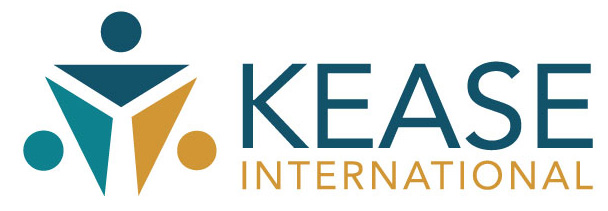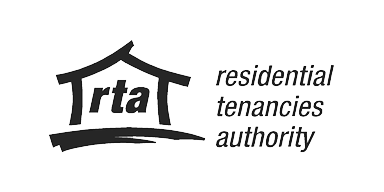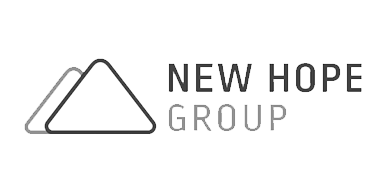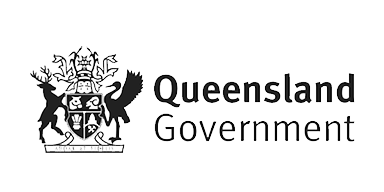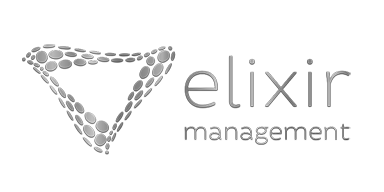by Dani McDonnell, KEASE Associate
Human Resources. What is it? What does HR do in a crisis? It’s an interesting question.
Most of us would probably defer to the second definition if asked ‘What is HR?’ For many who work in larger organisations, you may well see the HR Department as the one that ‘deals with employing and training people’. And within that definition, they’re often also tarred with the ‘bad’ brush; seen as responsible for firing, retrenching or ‘performance managing’ people. Quite unfairly, HR is often seen as the enemy; a department best avoided if at all possible.
But in reality, the HR Department does a lot more than just ‘deal with employment and training’. In recent times HR has moved away from the transactional ‘doing’ it was traditionally known for, and is now focussing on more strategic activities so as to equip leaders, managers and employees to be more autonomous and to take ownership of many facets of their employment.
Ultimately, a well-run, strategically resourced and emotionally intelligent HR Department (in conjunction with a fully supportive Exec Team) can and should be at the forefront of creating a culture of trust and support, leading to a commitment to the ongoing success of the business.
So, in addition to ‘employing and training people’ your HR Department is able to;
- Champion the organisations’ values, mission & goals – an effective HR Department will encourage employees to contribute effectively and productively to the overall company direction and the accomplishment of the organisation’s values, mission and goals.
- Assist in strategic career planning – the HR Department is able to help you map out the pathto your ultimate career goal, and guide you toward it. They may be able to assist as a mentor or coach, or refer you to someone who can work with you in this regard.
- Encourage and develop your leadership capabilities – the HR Department will assist where possible to provide opportunities for continuing education. This may be offered internally as part of a strategic development program, or they may refer you to an outsourced provider for a more personalised requirement.
- Act as an advocate between yourself and your manager – another key function of the HR Department is the managing of employee relations. If you find yourself in a dispute or misunderstanding with your manager, the HR Department can assist to mediate the situation. Let’s face it, not every manager is awesome. And not every awesome manager is awesome for every employee.
- Act as an advocate between yourself and your team – if you manage employees, your career success often depends on their career success. If you want help knowing how to manage without being overbearing, how to manage fairly, and how to get the best results from your team, ask the HR Department.
- Balance their obligations to the organisation and the employees – gone are the days when HR Departments received direction from the executive team as to their priorities and needs. HR is now expected to sit at the executive table and recommend processes, approaches, and business solutions that improve the ability of the organisation’s people to effectively contribute.
- Ensure that you’re working in a safe environment – the HR Department plays a vital role in administering, communicating, and championing the safety policies of the organisation. In addition, they will implement systems (eg. EAP) and provide assistance and support to employees who may be experiencing personal or medical issues. When required, this may include referring to outside professionals.
- Assist in navigating Employment Law – another chief duty of the HR Department is to ensure the business operates in compliance with all appropriate IR and ER laws. They have to know and comply with each state’s particular set of rules around employment regulations, and can provide you with advice when required.
- Act as a ‘Change Champion’ – one of the most significant roles of the HR Department, is to oversee the needs and requirements of a changing organisation. Change is the only certainty in business today, so a good HR Department (with support from the Exec Team) will be ready to adapt and embrace it, and implement new ideas and methodologies as required.
A perfect example of this is the recent Covid19 outbreak. Over the past few months businesses across the globe have had to rapidly adapt and re-position their people and teams in the transition to remote work. As a result, many have developed new and innovative ways to make remote work operate effectively for their organisations. At the helm of this unprecedented change is our HR Departments.
